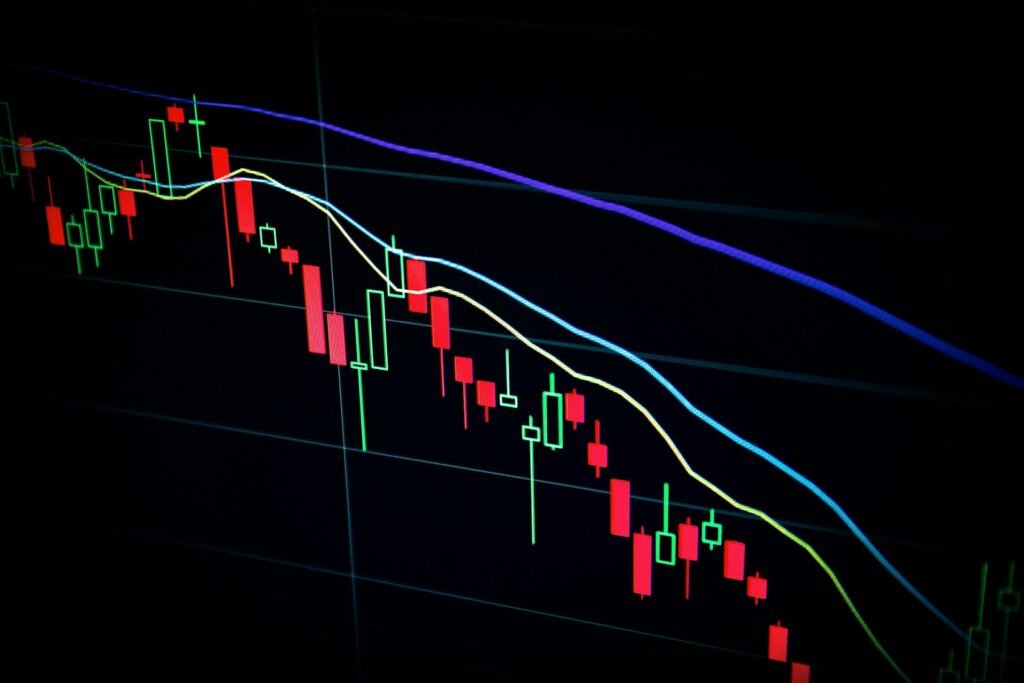A stock exchange is a pivotal component of the global financial system where traders and investors buy and sell shares of publicly listed companies. It provides a platform for companies to raise capital through the issuance of stocks and offers individuals and institutional investors the opportunity to trade securities.
History of Stock Exchanges
Stock exchanges have a rich history dating back centuries. They began as informal gatherings of traders in coffee houses and evolved into sophisticated electronic platforms. Major milestones include the establishment of the Amsterdam Stock Exchange in 1602 and the formation of the New York Stock Exchange in 1792.
How Stock Exchanges Work
Stock exchanges facilitate trading between buyers and sellers of stocks. Participants include retail and institutional investors, stockbrokers, and market makers. Trades are executed electronically or through open outcry on the trading floor.
Types of Stock Exchanges
Stock exchanges can be categorized into global, regional, and local exchanges. Global exchanges such as the New York Stock Exchange and NASDAQ dominate the international market, while regional exchanges like the Tokyo Stock Exchange serve specific geographic regions.
Listing and Delisting Process
Companies must meet specific criteria to list their stocks on an exchange, such as financial disclosures and minimum market capitalization. Delisting occurs when a company fails to meet listing requirements or goes bankrupt.
Stock Exchange Indices
Stock exchange indices track the performance of a group of stocks to represent the overall market or a specific sector. Examples include the S&P 500 in the United States and the FTSE 100 in the United Kingdom.
Market Regulation and Oversight
Stock exchanges are regulated by governmental and self-regulatory organizations to ensure fair trading practices. Regulators monitor insider trading, market manipulation, and compliance with listing requirements.
Trading Mechanisms
Trading on stock exchanges involves various order types, including market orders and limit orders, which dictate how and when trades are executed. Clearing and settlement processes ensure that transactions are completed and securities are transferred.
Impact of Stock Exchanges on the Economy
Stock exchanges play a crucial role in capital formation by enabling companies to raise funds for expansion and innovation. They also influence economic indicators such as GDP and employment rates.
Risks and Benefits of Investing in Stock Exchanges
Investing in stock exchanges offers the potential for high returns but carries risks such as market volatility and economic downturns. Diversification and research are essential strategies for managing investment risk.
Recent Trends in Stock Exchanges
Advancements in technology have transformed stock exchanges, with electronic trading platforms replacing traditional trading floors. Globalization has increased cross-border investments and trading volumes.
Famous Stock Exchange Crashes
Historical stock exchange crashes, such as the Wall Street Crash of 1929 and the Dot-com Bubble in 2000, have had profound economic consequences. They highlight the importance of market regulation and risk management.
The Future of Stock Exchanges
The future of stock exchanges is shaped by technological innovations like blockchain and artificial intelligence. Challenges include cybersecurity threats and regulatory changes that impact global trading.
Conclusion
In conclusion, stock exchanges are critical to the functioning of the global economy, providing liquidity and capital formation opportunities for businesses and investment opportunities for individuals. As technology continues to evolve, stock exchanges will adapt to meet the demands of a rapidly changing financial landscape.

